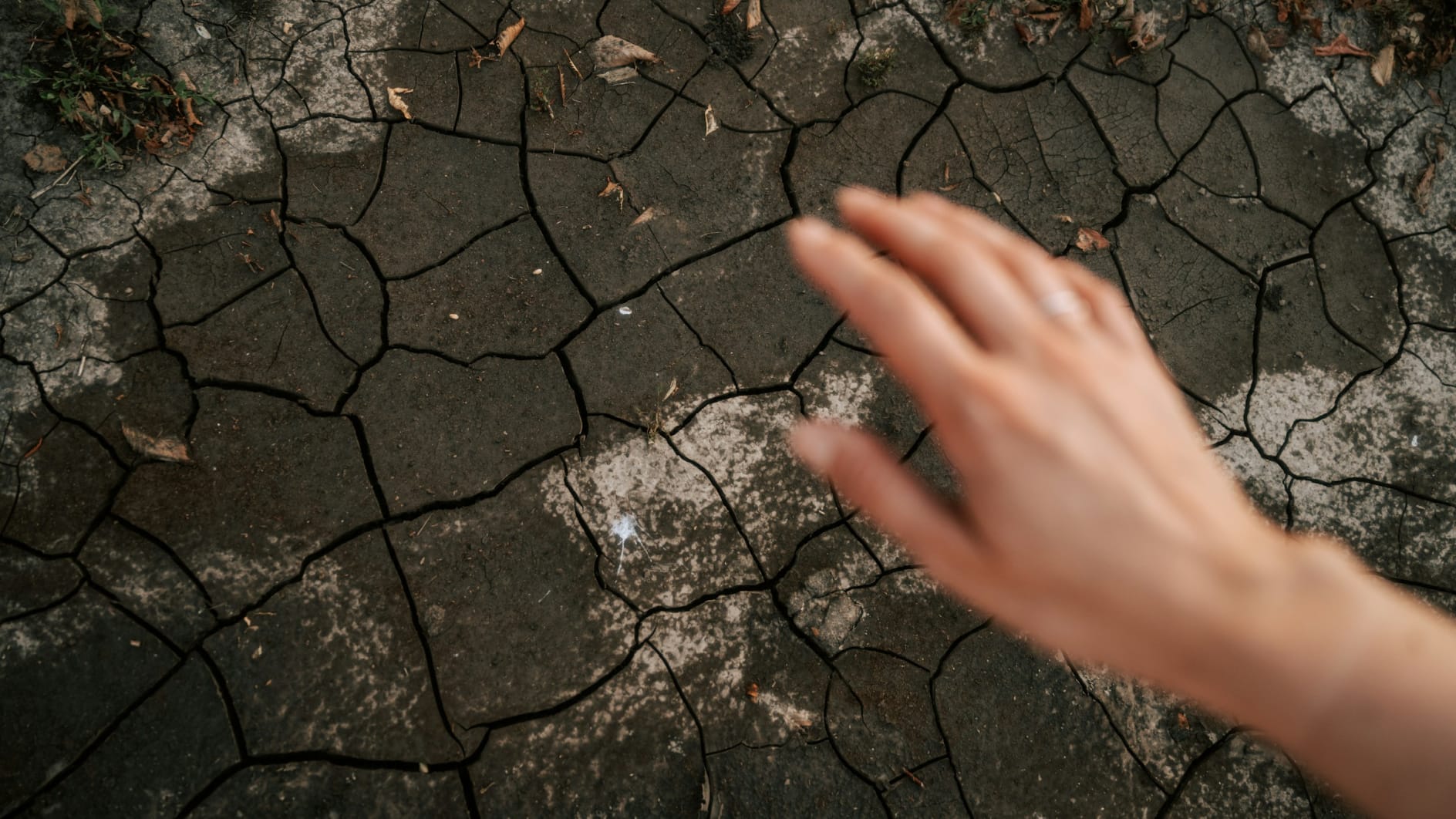The archaeology of a story

Forensic Architecture’s new investigation into the killing of a student protester in Bangladesh. … Amory Gethin on education’s role in lifting people out of extreme poverty. … & Philip Coggan on the unintended consequences of tariff policies.
+ A Colin Powers essay on how Mohammed bin Salman is transforming Saudi Arabia's political economy. … Bruno Leipold on an innovative check on elected representatives. … Sam Tanenhaus’s new biography of William F. Buckley Jr. … Dan Sperrin on the history of British satire. … & Suraj Milind Yengde on caste life around the world.
Music from Cass McCombs, Jens Lekman, and Naomi Cowan. … & What’s one-drop rhythm?
New works, Week XXXIII.
You know the feeling when something doesn’t add up—when an official explanation feels a little neat, a little convenient?
Consider this week the forensic team that patiently reconstructed the final moments of a Bangladeshi student’s life, mapping bullet trajectories and hospital arrival times against three official claims that turned out to be … you might say, imaginative. Or the economist who spent years sifting through household surveys from 154 countries to figure out that the significance of education in lifting people out of poverty is nearly twice what most experts thought it was. Or the trade analyst who looked back at the last century of tariff experiments and found some striking patterns that challenge the celebratory rhetoric around current U.S. policy.
It’s worth emphasizing, these aren’t conspiracy theories or contrarian takes; they’re patient arrangements of evidence that happen to contradict powerful narratives. The best new works of nonfiction often work this way: not as alternative stories, but as careful deconstructions and reconstructions of what the available evidence actually shows—and doesn’t show—regardless of how inconvenient that might be for any authorities. Or for any of us who take comfort in depending on them.
—John Jamesen Gould
The Signal—your loyal guide to a changing world. New works—curating new books, documentaries, music, and more.

Death in Rangpur
Who shot Abu Sayed?
On July 16, 2024, Abu Sayed, a student at Begum Rokeya University, was killed in Rangpur, Bangladesh. The murder happened in the midst of a series of protests against Prime Minister Sheikh Hasina, whose party, Awami League, had arrogated power over both the judiciary and the security services. What began as a student-led protest over a controversial quota system for public sector jobs—under which one-third of them would be reserved for descendants of the 1971 ‘”Liberation War”—soon spread into a broad movement, as more and more people became outraged by police violence. By August, Hasina had resigned as prime minister and fled the country.


